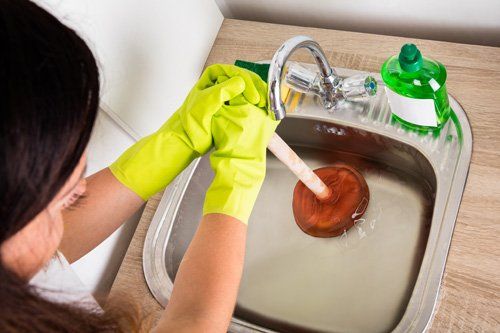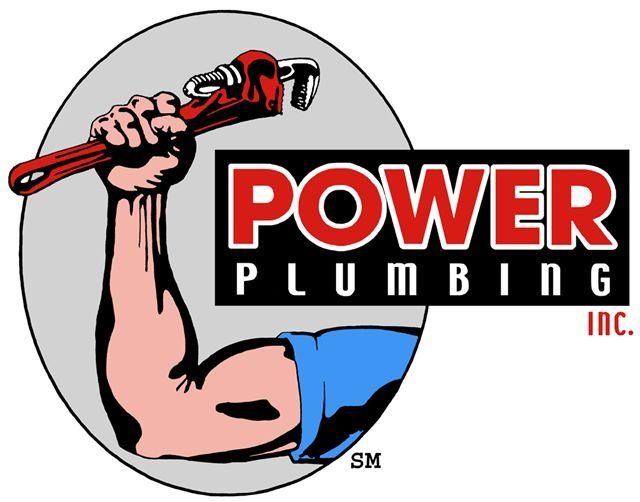4 Ways Disposable Items Can Cause Harm In Plumbing
Admin • November 20, 2018

Disposable items such as flushable wipes, dental floss, and tampons may not seem dangerous. However, they can actually cause quite a bit of damage if you throw them in the toilet or wash them down the drain rather than disposing of them in the trash.
Here's how these items can cause problems when you put them down the drain.
1. Failing to Break Down
Your plumbing drains work on the principle that whatever flows through them will basically behave as a liquid. That's why toilet paper is specifically intended to fall apart as soon as it gets wet. If you put a few squares of toilet paper in a jar of water and swirl it around, the paper starts to disintegrate almost immediately.
This design characteristic makes toilet paper pretty unique. Most other types of trash, which you might be tempted to flush down a toilet or wash down a drain, don't behave this way when exposed to water. Instead, they stay intact, meaning they can cause or start clogs by plugging small openings or getting caught partway down the drain.
2. Wrapping Around Other Items
Some types of debris that are commonly flushed, such as so-called flushable wipes, tend to come together and form clumps that can then create a powerful blockage in the system. Other items, such as dental floss, can wrap or tangle around these wads, holding them together to create a bigger, more stubborn clog.
Dental floss is very good at this binding action because it's typically intended to be extra strong in order to prevent shredding while you floss.
3. Swelling and Blocking the Pipes
Did you know that some types of trash actually swell up to several times their original size when flushed? This can include items designed to be absorbent, such as:
- Diapers
- Tampons
- Sanitary pads
Once the item has become engorged with water, it's much less able to navigate pipes successfully without becoming caught and creating a blockage. And a blockage doesn't just mean you'll need to call out a professional plumber; in some cases, a plumbing blockage caused by trash can lead to sewage backups in your home and expensive water damage repairs.
4. Causing Problems for Wastewater Treatment
In addition to wrapping around other items to form a clog, trash such as dental floss and wipes can damage private and public wastewater treatment systems. This means that if you have a septic system, you need to be aware that throwing your trash into it could eventually cause the system to fail (for example, by clogging the field lines).
If you're on a city sewer system, you aren't directly responsible for all the operating expenses, but taxpayer money is typically used to run these types of municipal facilities, so you're still somewhat responsible. Although the wastewater treatment plant filters trash out of the wastewater every day, some still gets through and creates problems.
For example, dental floss can wrap around impellers at a municipal plant and jam them up. And flushable wipes can collect together and clog up pipes even at the wastewater treatment facility, so you're not home free just because they've cleared your home plumbing system.
Other disposable items, such as contact lenses, can actually get all the way through the wastewater treatment plant and become marine pollution. Instead of being removed from the wastewater, they may just be broken down a bit. So flushing plastic products often means polluting the oceans.
As you can see, you should avoid flushing your disposable and plastic products to help you avoid sewage backups, avoid wasting time and money on clogs, and reduce your contribution to marine pollution.
If you have been flushing disposable items down the drain, we at Power Plumbing Inc.
can help you locate and clear any drain clogs, clean slow drains, or solve a mysteriously malfunctioning toilet. Give us a call today or visit our website to learn more.






